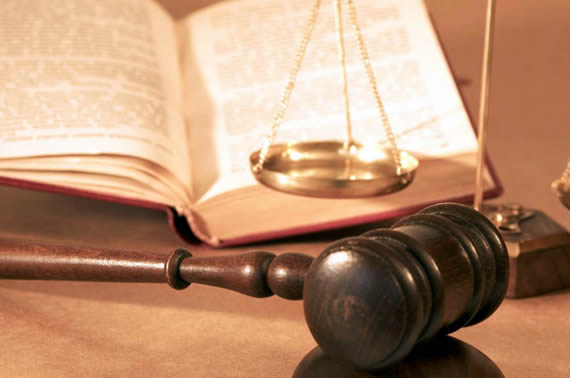Apple won a victory in a New York federal court on Monday, as a federal judge denied the U.S. government’s motion to force Apple to aid it in unlocking an iPhone linked to a years-old drug case.

In his ruling, New York Magistrate Judge James Orenstein decided the government lacks legal authority to force Apple, or indeed any company, to break its own digital security protocols. Echoing Apple’s arguments against Department of Justice overtures in the high-profile San Bernardino attack investigation, today’s decision noted the “unreasonable burden” in inventing, coding and distributing a purposely vulnerable operating system in hopes of cracking existing device security.
The case dates back to June 2014, when several mobile devices were recovered during a warranted search of the residences of suspected drug trafficker Jun Feng and his associates. Among the devices seized in the search by the Drug Enforcement Agency was Feng’s iPhone 5s, running iOS 7.
The DEA was unable to unlock the iPhone in question, due to the passcode used by Feng to lock the device. The agency called upon the Federal Bureau of Investigation for assistance, but the bureau was unable to unlock the device, and filed a data retrieval request with Apple. As it usually does, the Cupertino firm agreed to help obtain as much information as possible, short of breaking the devices security measures.
The government field a motion in October asking the court to compel Apple to assist in bypassing the lock code on the device, so that they might directly access the data stored on the phone. The filing was based on the same All Writs Act of 1789 that the government’s attempt to get Apple to unlock an iPhone 5c used by one of the San Bernardino shooters is based on.
Judge Orenstein was critical of the FBI’s use of the All Writs Act in its attempts to compel Apple to assist.
“It is also clear that the government has made the considered decision that it is better off securing such crypto-legislative authority from the courts (in proceedings that had always been, at the time it filed the instant Application, shielded from public scrutiny) rather than taking the chance that open legislative debate might produce a result less to its liking.”
While today’s New York ruling does not set a directly binding precedent in regard to the San Bernardino case, TechCrunch reports a senior Apple executive has suggested it could set “an important precedent of opinion.”


